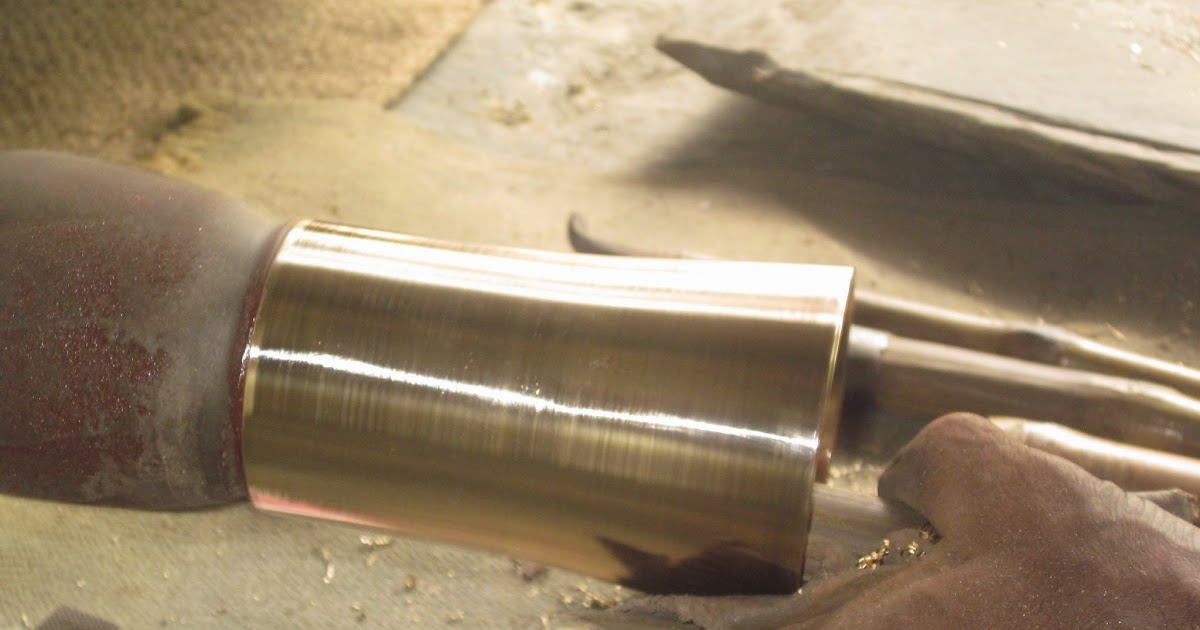Mousumi Islam, back from Jamalpur
Published:2023-11-26 11:47:17 BdST
Jamalpur Kansa industry revitalised
Kansa product makers once thrived in the country due to the huge demand for gift items made with the pricy metal, but in modern times, steel, plastic and melamine products replaced them, driving down the demands for the traditionally valued utensils.
Despite the shift in popular choice, kansa products have not disappeared from the country, and recent government initiatives have rejuvenated the age-old industry at Kasapalli in Islampur area of Jamalpur district.
Narayan Chandra Karmakar, former president of Islampur Kansa Shilpa Samabay Samity Limited, said, “The Palli Karma-Sahayak Foundation (PKSF) has recently provided us some equipment, which has reanimated our industry. Their technical support has reduced the manual labour required in the process of making kansa products, enabling us to expand the industry.”
Describing the industry’s decline, Narayan said many people do not currently want to work in this industry because extensive physical labour is required here. Earlier, around 500 families were involved in making kansa products, but currently only around 60 families are practising this craft in the area.
Asked what sort of support is needed to boost the industry further, he said, “The use of equipment should be increased in the kansa workshops, for which the financial support from the government is required. We do not receive any donations and it is not possible to move forward without modern technology. For this reason, technical assistance is needed along with financial grants.”
Currently, 10 kansa factories are located in Islampur and around 500 people from the area are involved in the business. Some people in the area feared that introducing machinery to the kansa workshops will reduce demand for workers in the industry, but entrepreneurs said the use of machinery has not had any adverse effect on employment. In fact, it has resulted in the creation of new job opportunities in the factories.
PKSF and the International Fund for Agricultural Development (IFAD) is financing the “Kansa Industry Development Project” implemented through the Eco-Social Development Organisation (ESDO). The project started in March 2022 and will be completed this November.
Under the project, two eco-friendly factories and two common service centres with modern machinery have been set up at Kansaripara village, and two outlets for selling kansa products in Islampur market.
ESDO also supplied various equipment, including machinery used for hammering, polishing, finishing and winding, to the industry.
To protect workers’ health, they have also provided the factories first aid boxes, and fire extinguishers. Besides, the factory workers were provided helmets, t-shirts, trousers, glasses, gloves, earmuffs, and masks.
ESDO Executive Director Dr Shadid Uz Zaman said, “Modern technology has reduced manual labour required in the industry. In addition to that, creating a cleaner working environment has led to positive changes in income.”
Dr SM Faruk-Ul-Alam, value chain specialist of PACE Project, PKSF, said they have been supplying new and efficient equipment to Islampur’s kansa product makers with the aim of creating new entrepreneurs in this sector.
PKSF is financing the project to change the traditional production system in the kansa industry by reducing the manual labour previously needed there, so that the practitioner of the traditional craft can survive in the modern era, said Dr SM Faruk-Ul-Alam.
“At first automatic hammers were given to them, then a polishing machine was provided, which brought a huge change in the production system,” he added.
People involved in the sector said the government initiative has recently been attracting new entrepreneurs to this industry.
Resilience of kansa product makers
Kansa is one of the oldest industries of Bengal. Once upon a time, kansa plates and bowls were common utensils. But lately, kansa products have been used mainly as decoration items like showpieces, flower tubs, tumblers, plates, bowls, kajaldani, spoons, hookahs, pitchers, bells, pots, spoons, buckets, cauldrons, lamps, idols of various deities, musical instruments, toys, and mirror frames.
Product diversification is possible if support for this sector is increased, said people involved in this trade.
Narendra Chandra Karmakar, a 65-year-old worker involved in this business for around 50 years, said he earns around Tk1,000-1,200 for a day’s work, but he usually has orders that require only three-four days work per week. This makes it hard for him to sustain his family with the income from this trade alone.
The business also faces many challenges such as a lack of capital and difficulty in sourcing kansa used raw material on time. Currently, they source old kansa from Dhaka, said Narendra.
Another kansa trader in the area, Uttam Roy, said earlier his whole family was involved in this business, but currently only he is continuing the vocation of his forefathers. Four of his brothers have left the trade due to a lack of future prospects.
Besides, mahajons, who lent money to the craftsmen and facilitated the kansa trade, have recently been indifferent to the value of this specialised work, he added.
Sambhu Karmakar, a kansa product maker in Islampur, said that four-five people make 50 cymbals per day at his workshop. The wholesale price of kansa plates is Tk2,600 per kg, and that of cymbals is Tk2,200 per kg.
Sambhu’s shop sells 100-150 kg of kansa products per day, and sends 400-500 kg of goods to Dhaka every week.
Unauthorized use or reproduction of The Finance Today content for commercial purposes is strictly prohibited.


